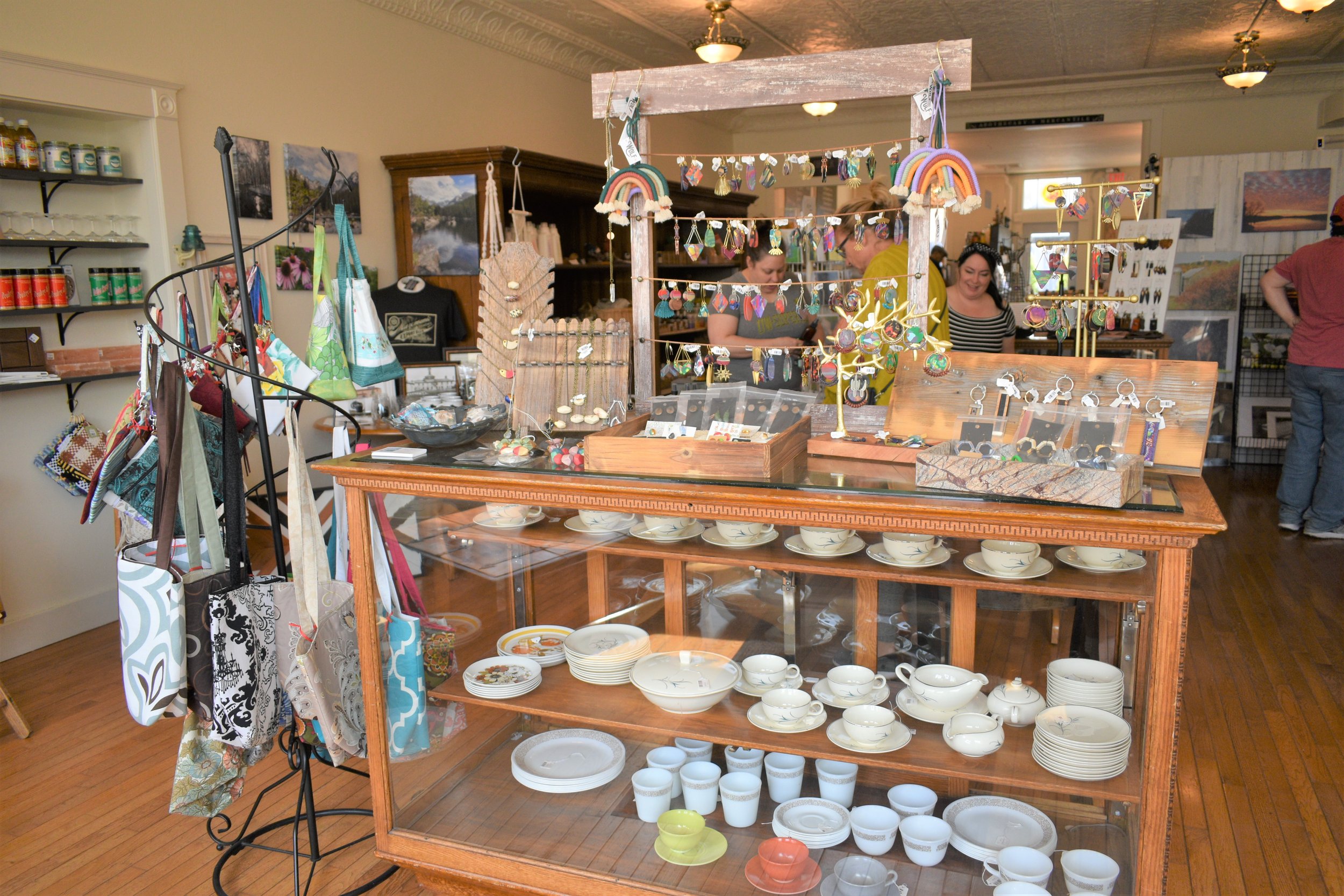Little Eagle Arts Foundation continues collaboration with Worm Farm Institute
Held during the opening weekend of Fermentation Fest’s Farm/Art Dtour in Sauk County, Wisconsin, the Native American Art Marketplace featured authentic Native art, crafts, and food, October 5th and 6th.
The marketplace held at the old Badger Ammunition plant in Sauk City, Wisconsin, the land was renamed Maa Wákąčąk (Sacred Land) by the Hoocąk (Ho-Chunk) when the tribe acquired it in a historic government to government transfer in 2014. The Hoocąk have prairie and wildlife restoration in the forefront of their plan for the property, but in addition, Maa Wákąčąk hosts a cooperative art studio led by the Little Eagle Arts Foundation (LEAF).
Fermentation Fest and the Farm/Art DTour, bills itself as a free self-guided excursion through 50 miles of scenic farmland in rural Sauk County, Wisconsin, punctuated by site-responsive artworks, pasture performances, roadside poetry, local food markets and more. The Native American Art Market Place is a part of the Fermentation Fest Farm/Art DTour,” said LEAF’s Hoocąk Founder, Director, and artist, Melanie Tallmadge-Sainz. “Every time they do a tour, they try to move it to different parts of Sauk County. So, two years ago, we were on the tour, but they moved it slightly to the west. This year we're not even an offshoot, but we're such good friends with the organizers at the Worm Farm Institute that they're promoting our event and we're promoting their event.”
Sainz shared she counted about eight different other events going on in and around the area over the weekend. With a lot for people to choose from, she pointed out they are all wonderful cultural events. Sainz said the marketplace enjoyed a nice constant flow of visitors and was encouraged to see them engaging in conversation with the artists and buying their artwork.
This year, LEAF’s Native American Arts Market roster of artists included; Levi (Hoocąk) and Verna (Menominee/Chippewa) Blackdeer- master hide tanners, Karen Ann Hoffman (Oneida) Iroquoi- raised beadwork, Christopher Sweet (Hoocąk /White Earth Ojibway)-acrylic paintings, prints, and mixed media work, Kimberly Crowley (Hoocąk) master Black Ash basket maker, and Chef Elena Terry-founder and owner of Wild Bearies (Hoocąk) and Zoe Fess (Hoocąk). Terry, fresh off her recent competition on Food Network's Barbecue Brawl and Fess, spoke on the Indigenous food movement and provided a cooking demonstration of Native American corn and its connection to Native American culture. Kimberly Crowley and her family cooked and sold Native American food favorites; frybread, Indian tacos, burgers and hotdogs.
LEAF also featured a new sculpture garden near the studio at the “Earth Sky Water” sculpture on the Great State Sauk Trail that dissects Maa Wákąčąk, and visitors were greeted by a larger-than-life art piece titled, “Raising Three Sisters” by artist Christopher Sweet. One of seven commissioned artists, the piece was featured on the 2022 Farm/Art Dtour, and is inspired by the legends of the three sisters, corn, beans and squash, that are planted together to support, nurture and lift one another.
The Native American Art Market Place and LEAF Sainz said, is all about the artists, uplifting and nurturing them. Sainz has always stressed that as a nonprofit, LEAF is dedicated to preserving and promoting American Indian art by cultivating the entrepreneurial spirit of American Indian/First Nations artists in order to achieve success and promote a cycle of economic security. “Reflecting just recently, covid taught us a lot. It taught us how to take care of ourselves. But I learned in talking to all my friends and relatives who were dealing with lockdown at the time, a lot of people did creative things. They were cooking or baking or making things following YouTube, and just being creative. To me, art is more than just making or creating, art is medicine. And going away and spending so much time in the southwest as I did for over 30 years, I saw how Native art can really be a game changer in terms of economic development opportunities and how artists are really enjoying a healthy livelihood from their art. I saw that I got my own reputation as far as artists. I think I’m very blessed that way. Being raised by parents who were so community oriented, that were always doing things to support people, served as my mentors. Whether it was dad with Kiwanis and us distributing gift baskets for the holidays to people who needed help, or people knocking at our door in the middle of the night wanting to sell a basket, because they were in dire need. That's the commitment to the community that mom and dad had. That's what they showed me. So, coming back and being able to create LEAF in support of Native arts and the Native artists’ success, as far as business and entrepreneurship, I think, is a way for me to acknowledge, first of all, that there's lack of support for Native artists, but also that we as Native peoples can come together and create something that holds value not just for Native peoples, but for everybody to participate and engage with.”



















